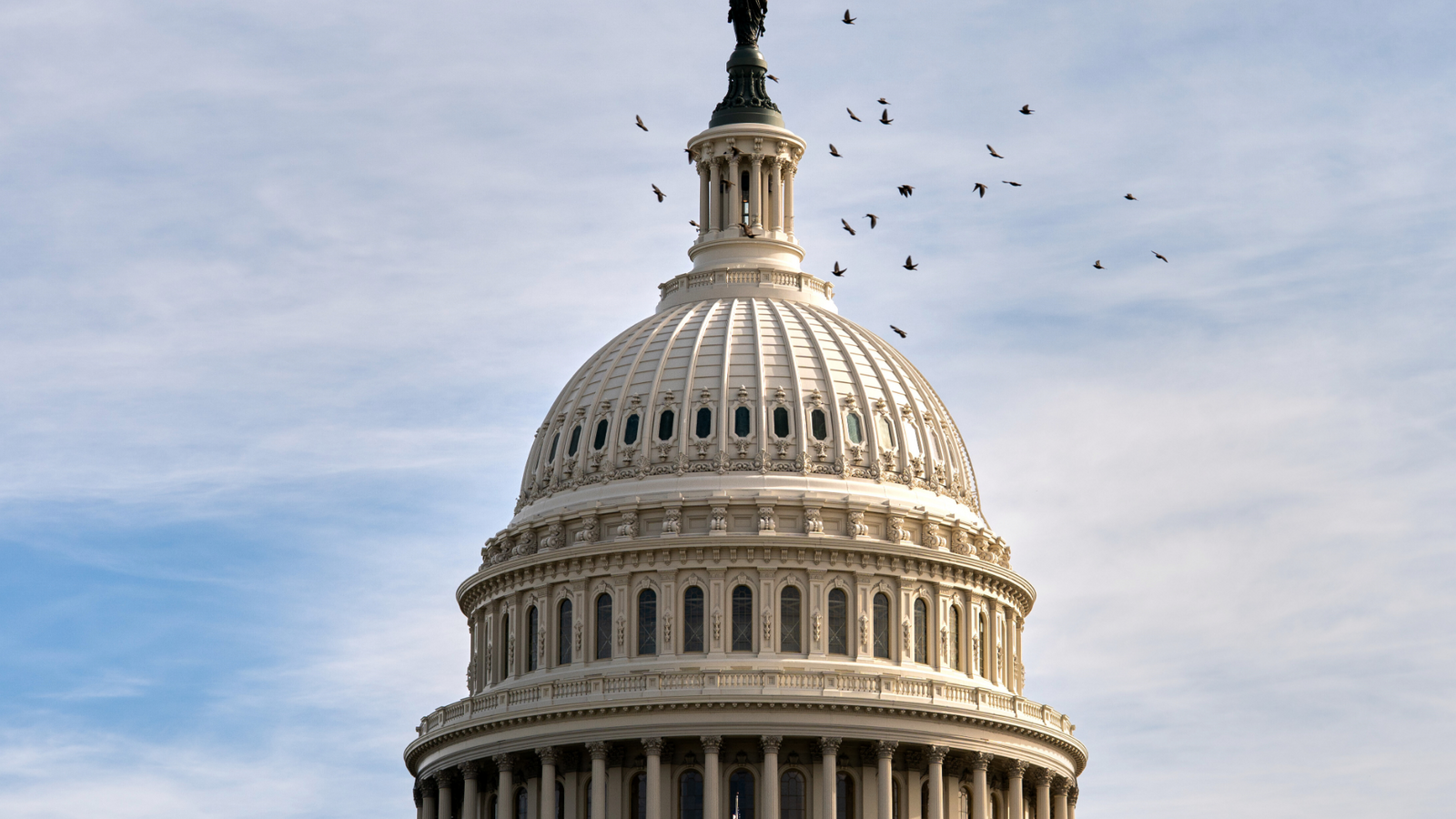#bipartisan-negotiations
#bipartisan-negotiations
[ follow ]
#government-shutdown #aca-subsidies #affordable-care-act #health-insurance-subsidies #appropriations
fromAxios
2 days agoHouse Democrats plot to bypass Mike Johnson in effort to salvage shutdown deal
A discharge petition forces a vote on any piece of legislation if it is signed by 218 House members, effectively giving the minority party the power to bypass the majority on bipartisan bills. Democrats have 214 members in the House, meaning four House Republicans would have to sign on even if they get all their members to do so. Driving the news: House Minority Whip Katherine Clark (D-Mass.) and Leader Hakeem Jeffries (D-N.Y.) announced the strategy
US politics
US politics
fromwww.theguardian.com
5 days agoSenate advances funding bill to end longest US government shutdown in history
Senate narrowly advanced a funding compromise to reopen government and reverse some layoffs but excluded expiring Affordable Care Act premium subsidies, prompting Democratic opposition.
fromAxios
1 week agoEmboldened Democrats push to prolong government shutdown
What to watch: Senate appropriators are hustling to finish language on a three-part appropriations package, with text expected to be released as soon as Thursday evening, sources tell Axios. It's a key part of Republicans' latest offer to Democrats, which includes: Passing a stopgap funding continuing resolution until at least December 19th (final date TBD). Fully funding military construction, Veterans Affairs, the Agriculture Department and the legislative branch through the next fiscal year - taking programs like WIC and SNAP out of the shutdown equation. A promise of a vote on some kind of bill to extend the expiring Affordable Care Act subsidies - the exact substance of which is still a major question mark.
US politics
fromAxios
1 month agoSenate rejects 11th-hour government funding bill
The final vote was 55-45, short of the 60 needed "yeses." Sen. Rand Paul (R-Ky.) voted with Democrats against the measure, while Sens. John Fetterman (D-Penn.), Catherine Cortez Masto (D-Nev.) and Angus King (I-Maine) voted with Republicans. Zoom in: The Senate also rejected Democrats' alternative stopgap spending bill proposal, which would extend Affordable Care Act enhanced subsidies and prevent President Trump from clawing back appropriated funds.
US politics
[ Load more ]





